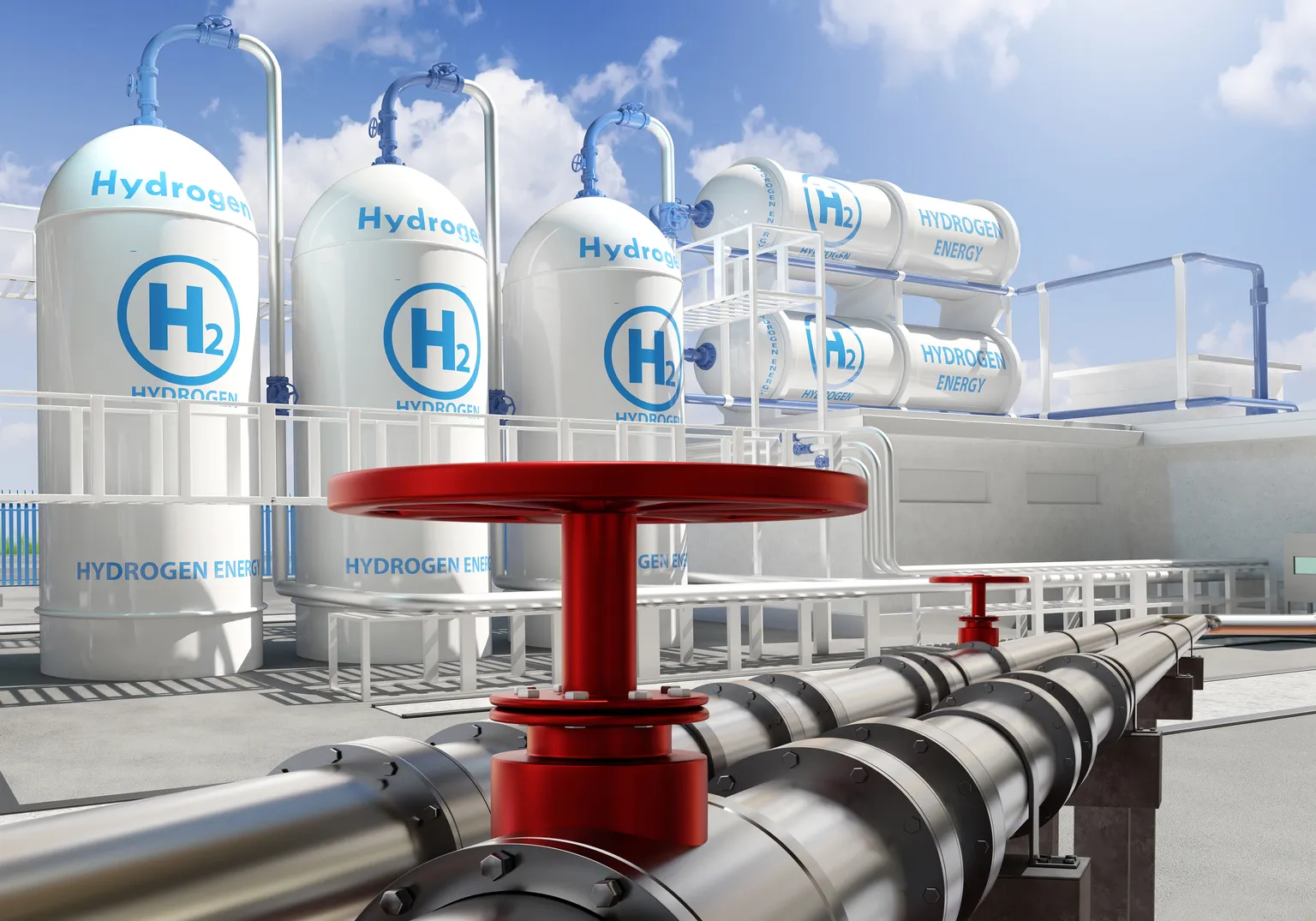Synthetic Fuel Challenges: Ørsted Stops Hydrogen Plant Construction

Challenges in Synthetic Fuel Development
Ørsted, recognized as one of the most environmentally friendly energy companies globally, has recently announced its halt on the construction of a hydrogen-based fuel plant. This decision stems from a reported weak business case, which has raised significant questions regarding the viability of synthetic fuel sources.
Implications for the Energy Sector
The stop in construction may reflect broader obstacles faced by companies in the synthetic fuel domain. Key factors, including market dynamics, regulatory hurdles, and the cost-effectiveness of hydrogen production, are under scrutiny as the industry seeks sustainable solutions to traditional energy reliance.
Key Takeaways
- The halt raises doubts about synthetic fuel's future viability.
- Market conditions play a pivotal role in such decisive actions.
- Broader implications for the renewable energy sector are anticipated.
This article was prepared using information from open sources in accordance with the principles of Ethical Policy. The editorial team is not responsible for absolute accuracy, as it relies on data from the sources referenced.